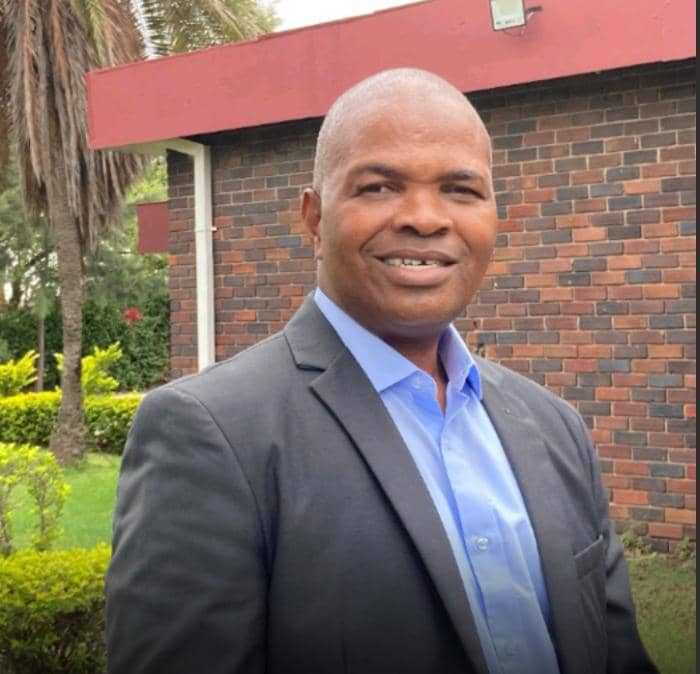
Munyaradzi Blessing Doma
Zim Now Writer
In a move meant to improve the country’s gender-based violence case management system, the United Nations Population Fund has partnered the Council of Social Workers Zimbabwe-who are working with local universities; to come with up with a Social Work and Gender Based Violence Module Outline.
The Council of Social Workers Zimbabwe engaged eight local universities in coming up with the Social Work and Gender Based Violence Module Outline, which is now being finalized.
Nesbert Tadzoka, Registrar of the Council of Social Workers Zimbabwe, revealed in a recent interview in Gweru, that a gap had been noticed in social work training.
“We are here with a couple of universities, academia to be able to see how best we can input and influence the curricula in terms of teaching in universities to curb gender-based violence.
“We anticipate that after the process, we will be able to have improved case management of gender based violence because our social workers will be equipped, our social workers will be trained, our social workers will have the competencies and the skills that are necessary to make sure that they are able to manage gender based violence in Zimbabwe.
“This will go a long way because currently as you are aware, a lot of people think that if you talk to somebody who has been violated or abused, you are counselling them, but we should know that it’s beyond just words.
“It’s something that goes beyond in terms of addressing the traumatic experiences that they would have suffered under the perpetrators. So, our survivors mainly are women and we hope through this process, they will be able to have their dignity restored and they will also have somewhere to turn to in the event that things are not ok,” said Tadzoka.
He added that it is very important for institutions to move with the trends so as to avoid information that is obsolete.
“Remember we have a lot of dynamics that are coming on, we have these GBVs, we have drug and substance abuse, these are trends that are emerging and we should be able to keep with step with what is happening globally and as informed with our partners, we also have an exposure with what is happening globally and it is also our duty to be able to contextualize what is happening globally to our citizenry.”
A lecturer who attended the meeting, Edwin Ndhlovu, said the module outline is very important because GBV is a cancer that has been experienced by a lot of people.
“When we look at the issues of gender-based violence, we ought to look at social work as a profession because social work is premised on social justice as one of its values that seeks to ensure that each and every individual, groups and communities receive services which are fair and equitable.
“So when we look at gender-based violence, I think it’s a cancer that has been experienced by a lot of people, regardless of where they are coming from, whether they are at workplace, in communities, in classes for students and a whole lot of other populations that are there.
“It is therefore important to ensure that social work seeks to promote social justice, students or social work students ought to be equipped with skills and knowledge on how they should deal with these issues because they work with communities, they work with individuals after having graduated.
“So, they should have that knowledge and skills on how they should be dealing with the gender-based violence in the community that they will be working with or in the workplaces because we also have social work which looks at workplaces where we have occupational social work,” said Ndhlovu.
He further revealed that students also face various forms of GBV, hence they are supposed to be equipped on how they can manage that or address it when it’s targeted at them.
“So the curriculum currently, of course, social workers have some bit of knowledge but it has to be specific and that knowledge and skills that are specifically targeted at the issue of gender-based violence because it has got effects in terms of individual effects, the community effects, even at national level, it actually affects a various lot of issues.
“So that’s why we ought to ensure that it’s included in the curriculum of social workers so that they are well equipped, so that they can actually address it comprehensively.
“And when we talk of social workers addressing this gender-based violence issue, it’s not only them, they are a cog which should be working with various professionals.
“For instance, we look at police, we look at the justice system, we look at various NGOs, we look at the Ministry of Women Affairs because gender-based violence affects disproportionately women and but not saying that men are not affected, they are also affected but it’s more pronounced in women or affecting women.
“So social workers ought to work with various stakeholders who are also vital in the prevention, in the management and in the response to gender-based violence issues. So, they should be working with various people or various stakeholders who are in the various sectors and in that responding to issues of gender-based violence.”
Related Stories
Similar sentiments were echoed by Dr Vongai Patience Mangwiro, also from the academic world who said there was need for a gender-based violence module that is going to be taught in all universities.
“We need to equip our own social work students so that when they go out there, they are equipped enough, they have skills.
“They (social work students) are sensitive to the issues of gender-based violence affecting our communities, so we are seeing that many people are being affected.
“We have women, we have men, they are all facing gender-based violence and we have adolescents.
“So we are seeing that as social workers, we are here to establish this module outline so that we equip people so that when they go out there to provide different services as social workers, they know how to handle gender-based violence cases, I think that’s the most important.
“So, in some of the issues that we have been discussing today, we are focused on different areas where we are saying that the module outline has to be equipped, it has to be comprehensive enough to equip our own students.
“We are looking at the introduction, we are looking at different terms, we are going to define different terms, what is gender-equity, what is gender-domestic violence, what is gender-based violence, all those issues and many others.
“We’re also looking at theoretical frameworks where we are saying that there are different theoretical aspects or underpinnings that we need to put into place that are going to be taught to the students so that they become equipped, explaining why gender-based violence is affecting many people in our own country,” said Dr Mangwiro.
She added that they were also looking at the prevention aspect.
Dr Mangwiro said there is need for primary, secondary and tertiary prevention.
“Things before they happen, people in the community need to be taught about gender-based violence, how can they prevent it, how can they report it.
“We are also saying that someone has been affected by gender-based violence, where can they go, in which organizations, and what kind of services are they going to get is also important.
“We are also looking at regional, international, we are also looking at national policies and legislations that have been utilized so far and that can be established to support the gender-based violence issues that are affecting the country. So, we are saying these legislations and policies, they are very important.
“They need to be taught to our own students so that they become equipped and utilize them to fight against gender-based violence.
“I think we are also going to look at the social work profession. We are saying as social workers, what can we equip our own social work students.”
She added that they were also going to look at the five very important aspects in social work; case management, group work, community work, social administration and social work research.
“These five aspects have to be part and parcel of the module outline in trying to equip our own social work students.
“I think these are some of the things that we are going to cover under the module outline, which we are establishing and trying to finalize,” added Dr Mangwiro.
Magdalene Chavunduka, UNFPA GBV Programme Analyst, said they are in partnership with the Council of Social Workers Zimbabwe who are working with university schools of social work, to standardize curriculum to ensure that as they are training them, they are all trained in handling GBV cases.
“This has come after realizing that as social workers are trained in the country, we don’t have standardized training on how to handle cases of gender based violence and we want to ensure that as they are coming out of school of social work, they are going out there to be able to handle cases of gender based violence all in a standardized manner no matter which sector they are going to enter, be it child protection, which entity they will be able to enter into, counselling, health sector response.
“So that is why we are making sure that every school of social work, every student who is going to graduate with a social work qualification is trained in handling gender-based violence cases.
“The possible impact that we want to achieve is ensuring that every survivor of gender based violence is offered quality care, quality response in terms of gender based violence cases, we want to ensure that every service that is given to gender based violence survivors is of quality that is where we want to go,” said Chavunduka.










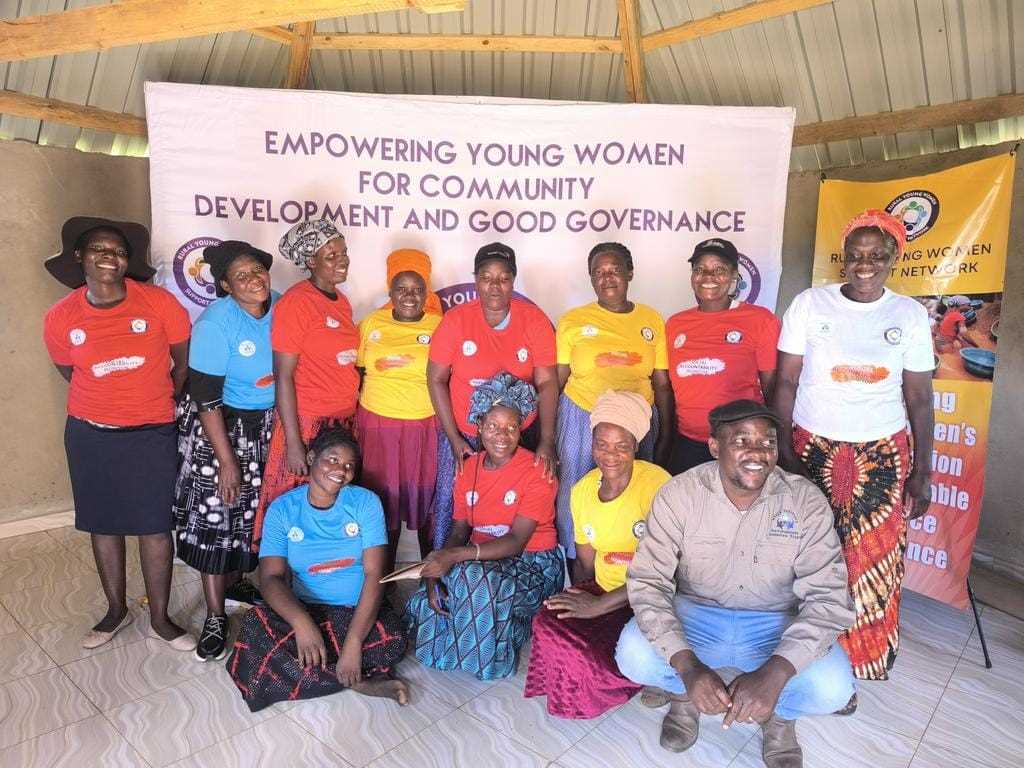
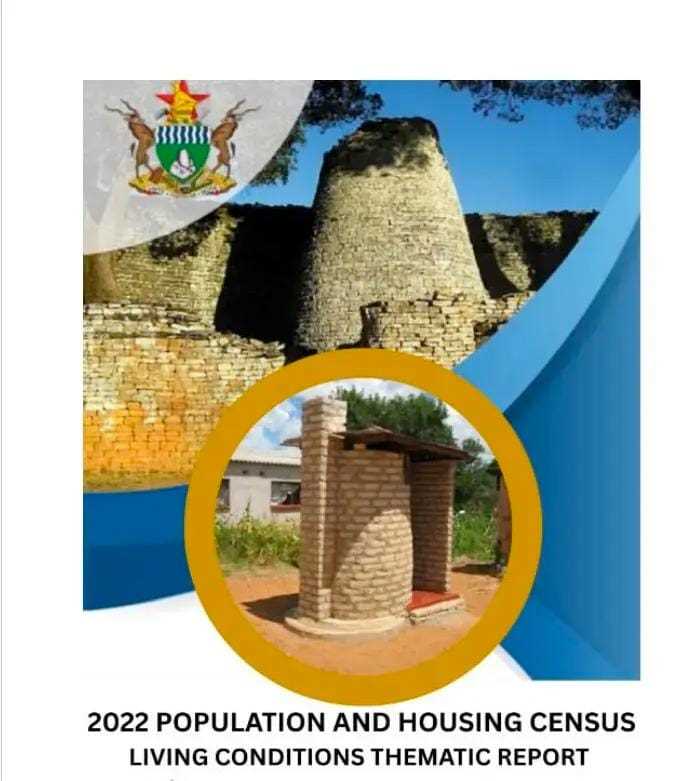
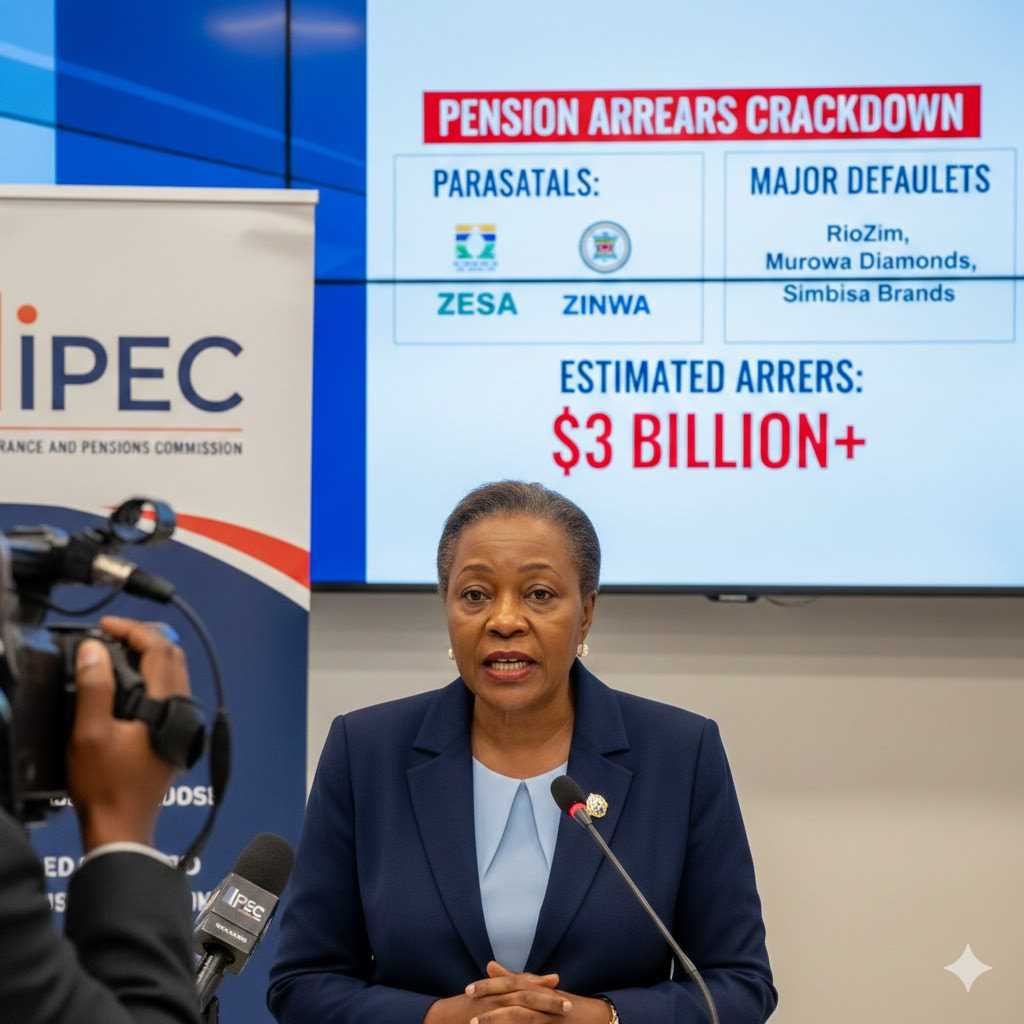

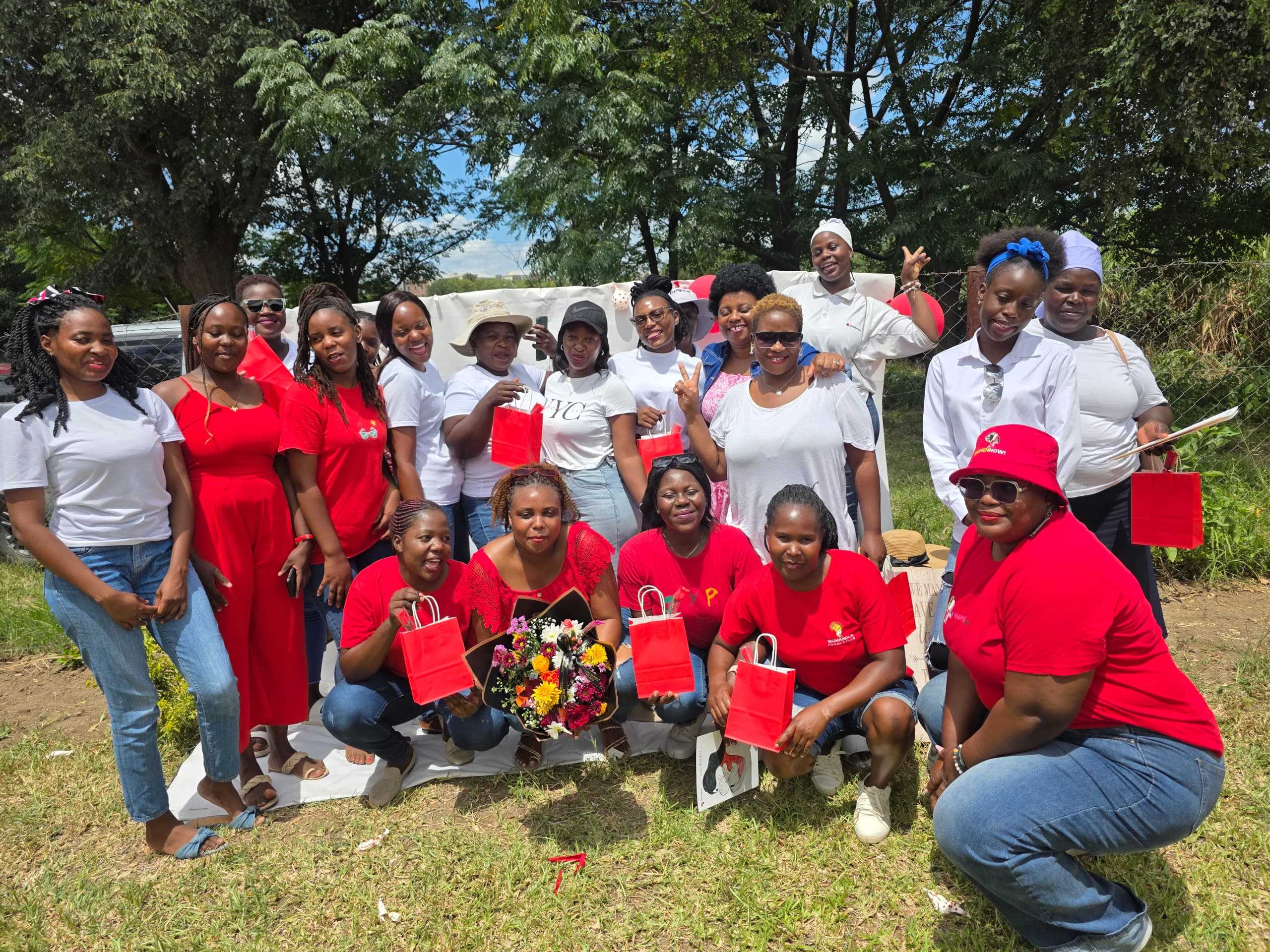





Leave Comments